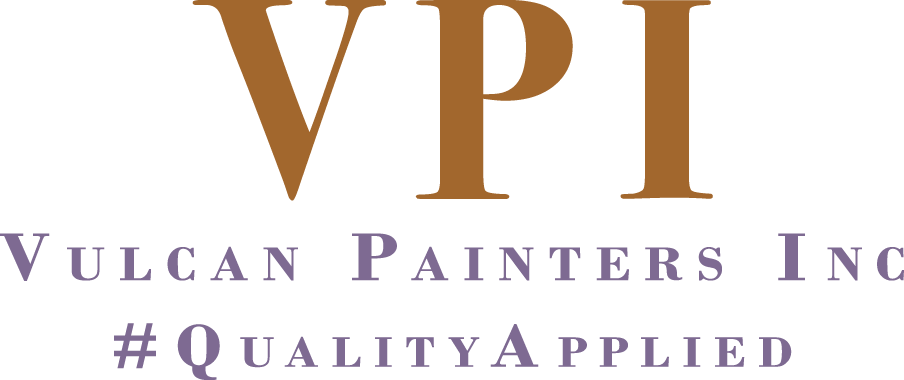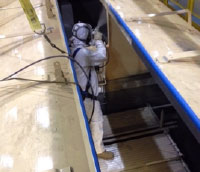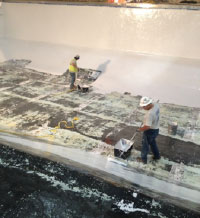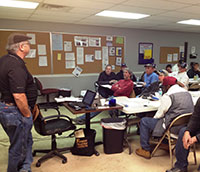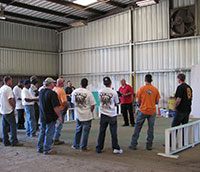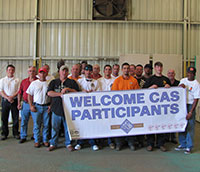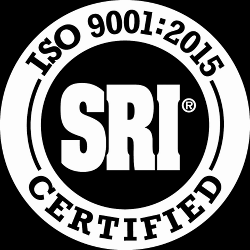All of our painters at Vulcan Painters receive craft and safety training and regular refreshers, and since we are a union painting contractor, they go through a 3-year apprenticeship to learn the craft. But we also urge our employees to take Coating Application Specialist training and get certified. CAS-the SSPC Coating Application Specialist certification, came from a recognition that the industrial painter's job had evolved into an occupation that requires comprehensive craft training. Today painters apply sophisticated coatings, installed at specified temperatures, can have a very short pot life, and can cost several hundred dollars per gallon; it takes a substantial amount of training to apply these coatings correctly. In addition, the equipment used to apply them, such as plural component pumps, airless spray guns, conventional air spraying equipment and many other tools, with various tips and lines, takes training to understand and use efficiently and safely. Training is required to assemble scaffolding, to build containments, to blast a surface to the required degree of cleanliness and surface profile-all of it takes training, both by the book and hands on learning. With many coatings requiring special handling, mixing and disposal, and strict requirements for safety by local, state and national entities, and many employers requiring low EMRs, the CAS curriculum was developed jointly by SSPC-The Society for Protective Coatings and NACE (the National Association of Corrosion Engineers). With input from experts industry-wide, the body of knowledge that an industrial painter needs in order to perform the job safely and efficiently was developed, debated and established in 2008.
When the painter has absorbed that body of knowledge, a review course can be helpful to get the painter ready for the 2-day CAS exam.
The written test is composed of four sections:
- Environmental, safety, and health
- Surface Preparation
- Coating Application
- Equipment/Troubleshooting
The practical exam requires the candidate to prepare and coat a test panel, using the same steps as he or she would to coat a complex industrial structure. The proctors evaluate the painter's skill and ability to plan steps and procedures, properly set up, operate and shut down abrasive blasting equipment; abrasive blast the test piece to a specific level of cleanliness and surface profile; inspect, assess, measure and document the surface preparation; mix and thin liquid coating materials; set up and start coating application equipment; set up and start spray, brush, or roller application as appropriate; brush, roll, and/or spray coat the test panel; inspect, assess, measure and document the coating application (each coat and the total coating system); and clean up and dispose of waste properly.
The CAS certification, once the test is passed successfully, is something a painter takes with him as he pursues his career. Certification lasts for 3 years, and must be renewed. For customers who demand high quality work, the CAS designation represents the individual's significant commitment to training, and a level of expertise on which the customer can depend.
CAS training gives the painter exposure to diverse aspects of industrial painting, and helps make him more valuable to his company. He learns the correct terminology for processes and equipment and comes away with an appreciation for proper training and a better understanding of corrosion protection. It can be a step up the career ladder toward supervising others; CAS certified painters are able to work on the job without a foreman if needed. "They know you know how to do the job, this training teaches you the full details of why you are doing it. You have a better understanding of why we're in protective coatings," says one of our CAS certified painters.





 ISO 9001:2015
ISO 9001:2015
